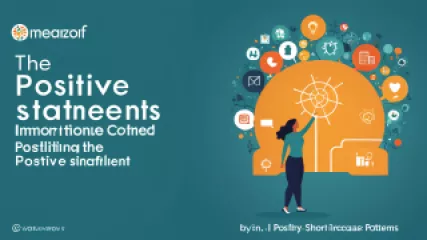The Surprising Psychology of Laughter: How It Boosts Emotional Well-Being
vor 1 Jahr
Psychologie des Lachens
10 Powerful Positive Self-Talk Strategies to Boost Self-Esteem
vor 1 Jahr
Verständnis von Selbstwertgefühl
Building Self-Esteem: A Step-by-Step Guide
vor 1 Jahr
Verständnis von Selbstwertgefühl
The Unexpected Benefits of Trying New Stress Relief Activities
vor 1 Jahr
Stressabbau-Aktivitäten
5 Alternative Therapies You Can Learn from Your Favorite Books and Movies
vor 1 Jahr
Alternative Therapien
Raising Confident Children: A Journey in Positive Parenting
vor 1 Jahr
Positives Erziehen
Mastering Alternative Therapies: Your Ultimate Guide to Natural Healing Remedies
vor 1 Jahr
Alternative Therapien
Mastering Assertiveness: The Ultimate Guide to Empowerment
vor 1 Jahr
Training zur Durchsetzungsfähigkeit
Top 10 Effective Financial Stress Management Solutions
vor 1 Jahr
Finanziellen Stress bewältigen
Exploring the Profound Impact of Music Therapy Techniques
vor 1 Jahr
Vorteile der Musiktherapie
Enhance Your Mood with Music Therapy: A Step-by-Step Guide
vor 1 Jahr
Vorteile der Musiktherapie
The Impact of Cognitive Therapy on Anxiety: My Personal Perspective
vor 1 Jahr
Kognitive Therapie
Top 10 Therapeutic Activities for Stress Relief
vor 1 Jahr
Stressabbau-Aktivitäten
The Ultimate Guide to Financial Stress Management Counseling
vor 1 Jahr
Finanziellen Stress bewältigen
Effective Strategies for Managing Financial Stress
vor 1 Jahr
Finanziellen Stress bewältigen















